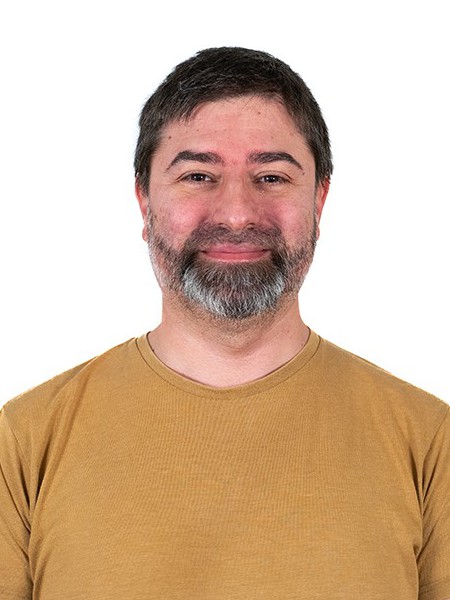abstract
Device optimization plays a paramount role in current research on magnetic refrigeration. Solid state refrigerants have been characterized and numerical simulations assume a critical relevance in the development of magnetocaloric technology to have alternatives to vapour-compression systems whose operating elements have high global warming potential. Experimental studies have shown that the thermal properties of several magnetocaloric materials considerably change around their Curie temperatures (T-C) and that this temperature dependency should not be dismissed. Current numerical research does not fully predict the complete thermal response of such materials, due to inaccuracies from neglecting the impact of combining both thermal conductivity (k) and specific heat (C-p) dependence on temperature. In this study, a simple unidimensional model includes k(T) and C-p(T) functions as input parameters, highlighting the relevance of considering temperature dependent thermophysical properties' inputs when simulating the magnetic refrigerant's heat transfer processes. The obtained results evidence that neglecting the temperature dependence of the magnetocaloric material thermophysical properties, namely its thermal conductivity and its specific heat, affects its temperature response, what may strongly affect the results after a succession of (hundreds or thousands) cycles.
keywords
MAGNETOCALORIC MATERIALS; ENERGY PERFORMANCES; NUMERICAL-ANALYSIS; REGENERATOR; MODEL; DESIGN
subject category
Chemistry; Engineering; Materials Science; Physics
authors
Lopes, AP; Costa, VAF; Amaral, JS
our authors
Projects
Projeto de Investigação Exploratória: João Amaral (IF/01089/2015)
CICECO - Aveiro Institute of Materials (UIDB/50011/2020)
acknowledgements
A. P. Lopes acknowledges a PhD grant funded by Fundacao para a Ciencia e Tecnologia (FCT), reference SFRH/BD/129340/2017. J. S. Amaral acknowledges FCT IF/01089/2015 grant. V. A. F. Costa acknowledges projects UIDB/00481/2020 and UIDP/00481/2020-FCT; and CENTRO01-0145-FEDER-022083-Centro Portugal Regional Operational Programme (Centro2020), under the PORTUGAL 2020 Partnership Agreement, through the European Regional Development Fund. This work was developed within the scope of the project CICECO-Aveiro Institute of Materials, UIDB/50011/2020 and UIDP/50011/2020, financed by national funds through the FCT/MEC, and also developed in the scope of the Smart Green Homes Project [POCI-01-0247-FEDER-007678], a co-promotion between Bosch Termotecnologia S.A. and the University of Aveiro, financed by Portugal 2020 under the Competitiveness an Internationalization Operational Program, and by the European Regional Development Fund.



